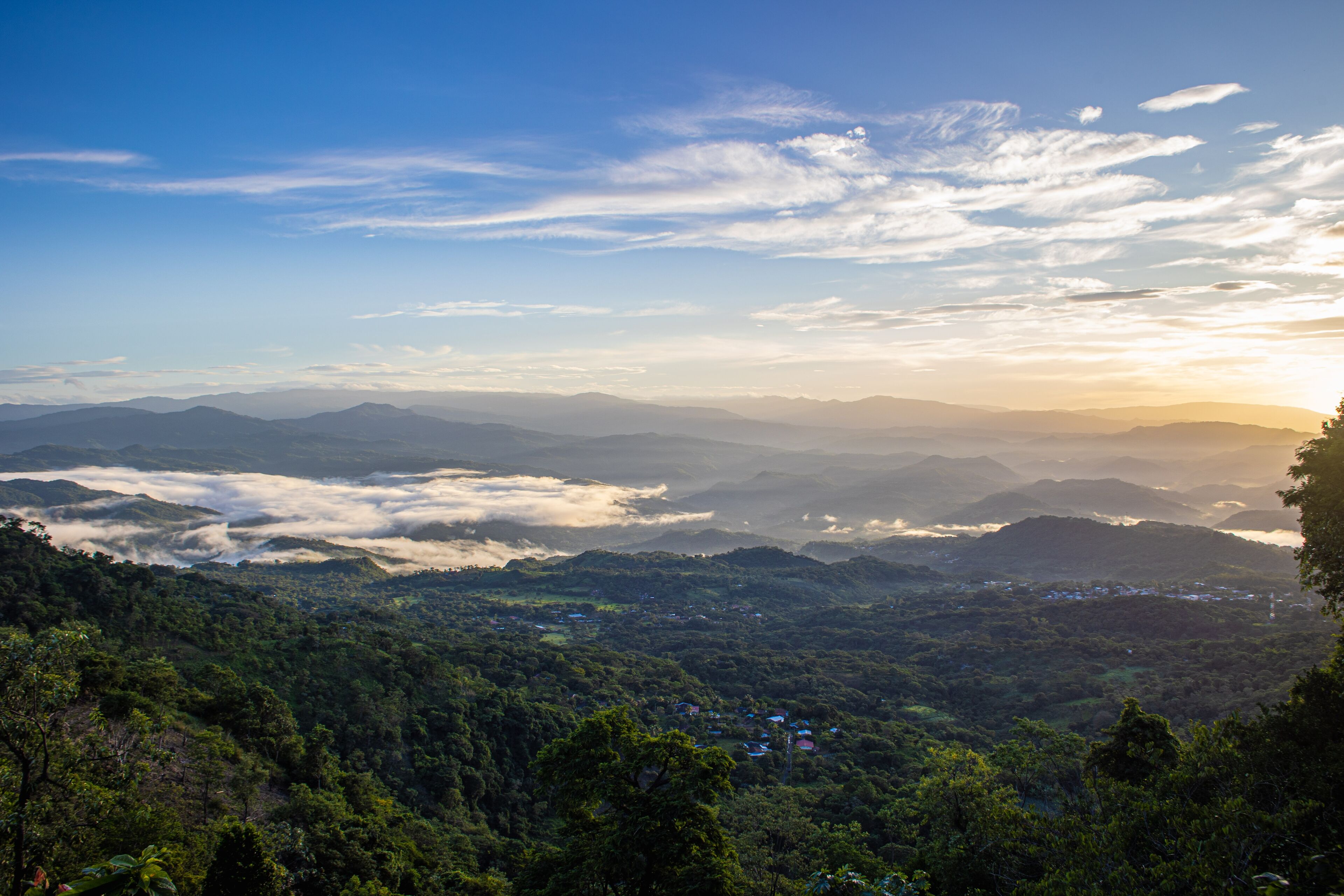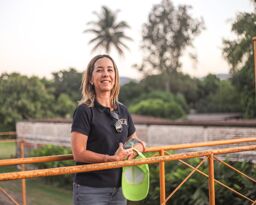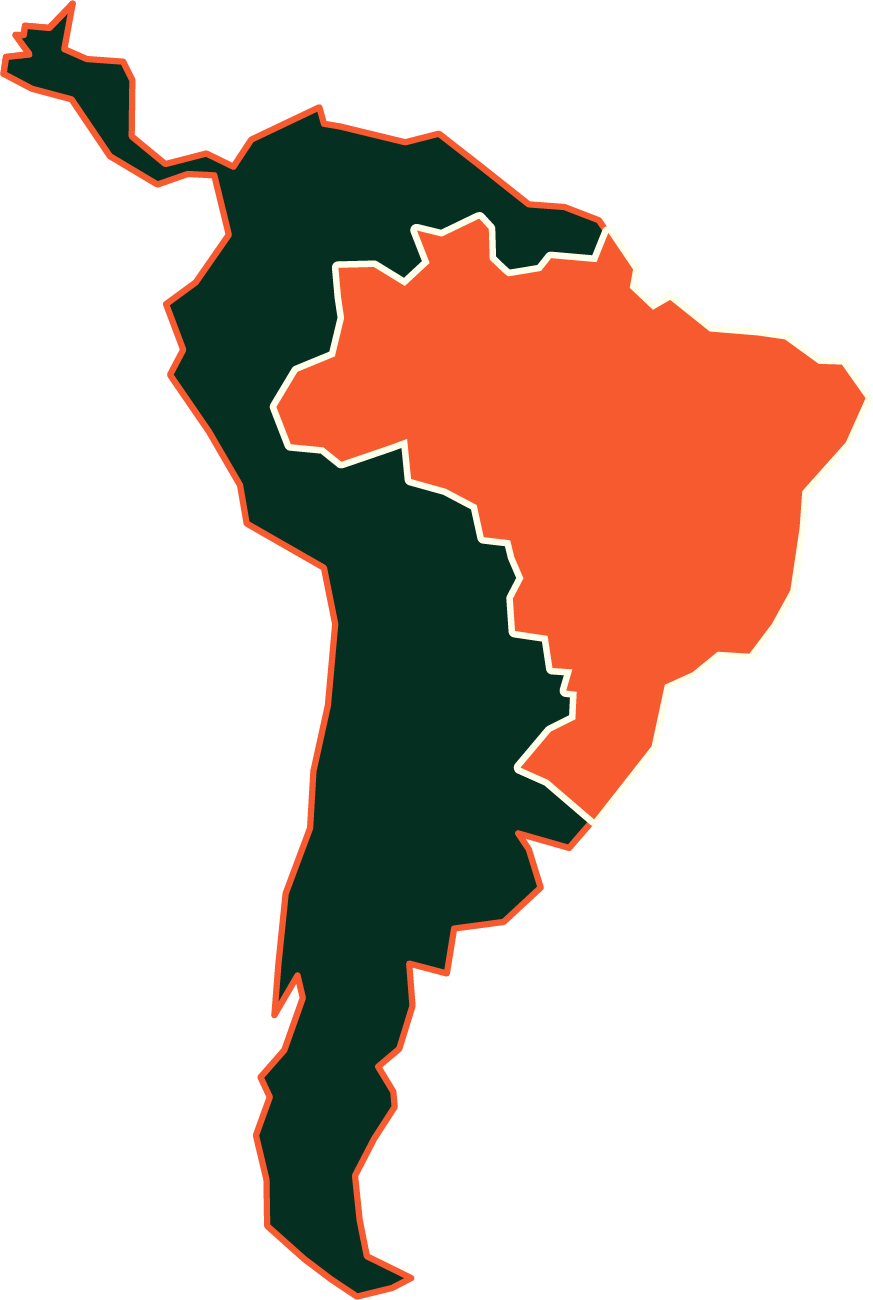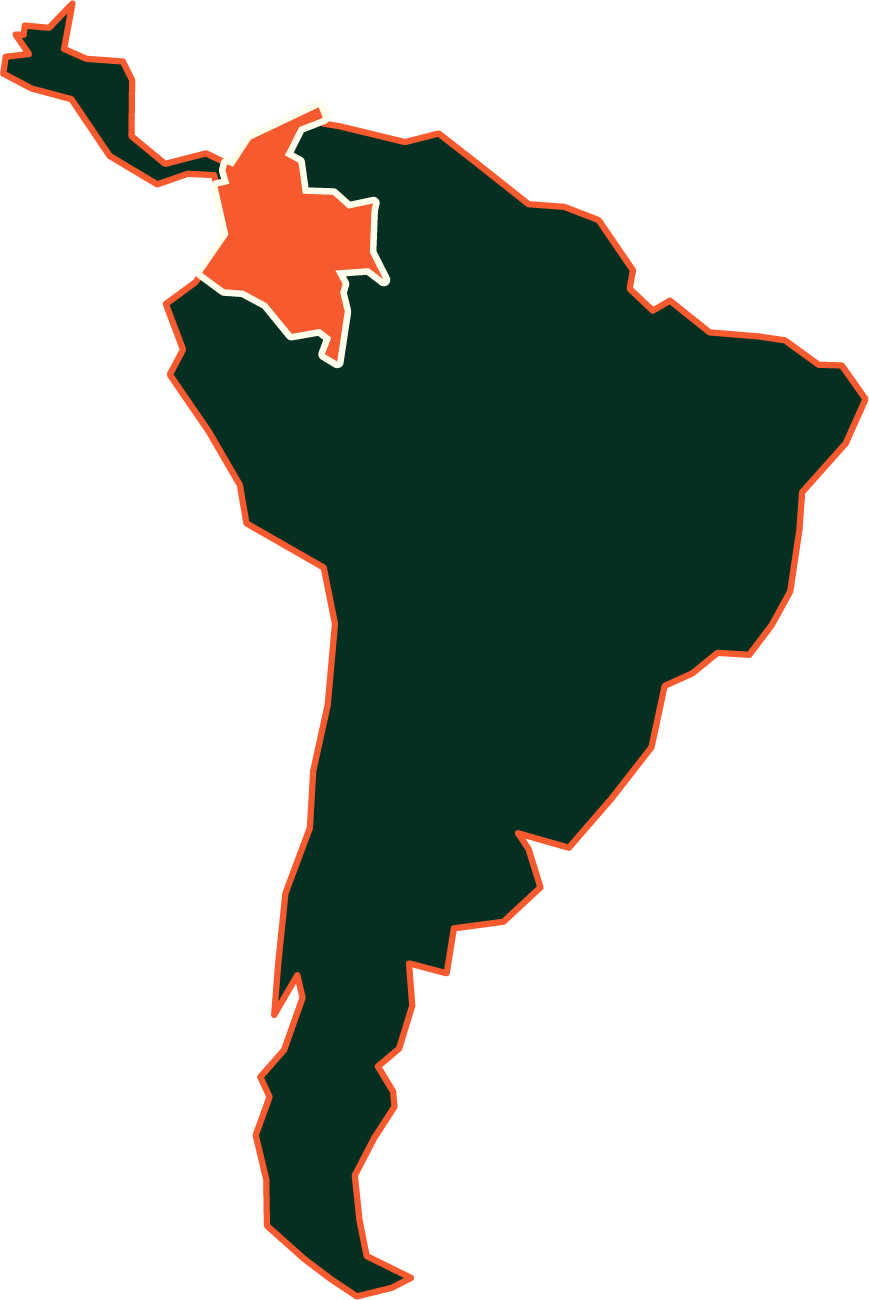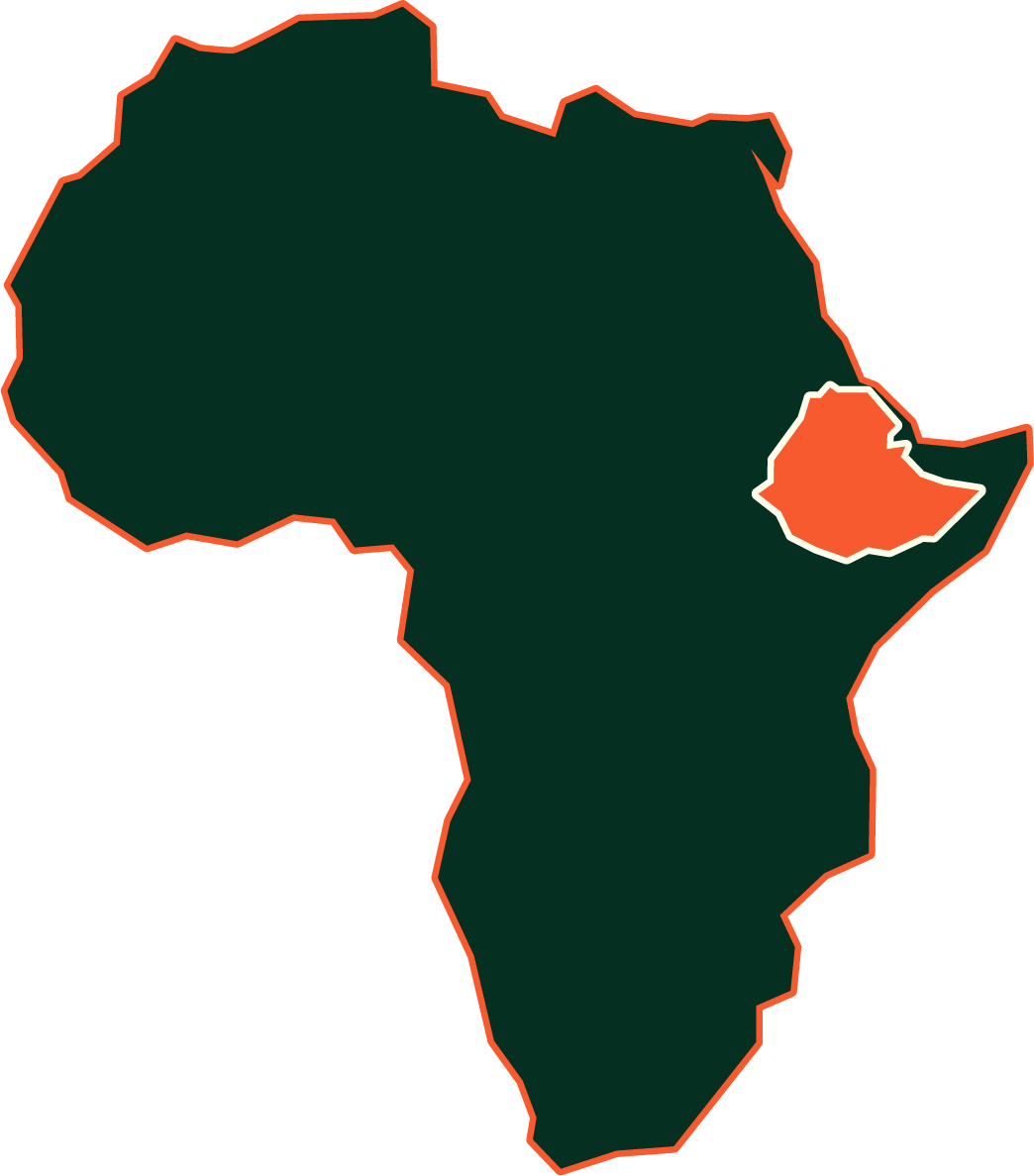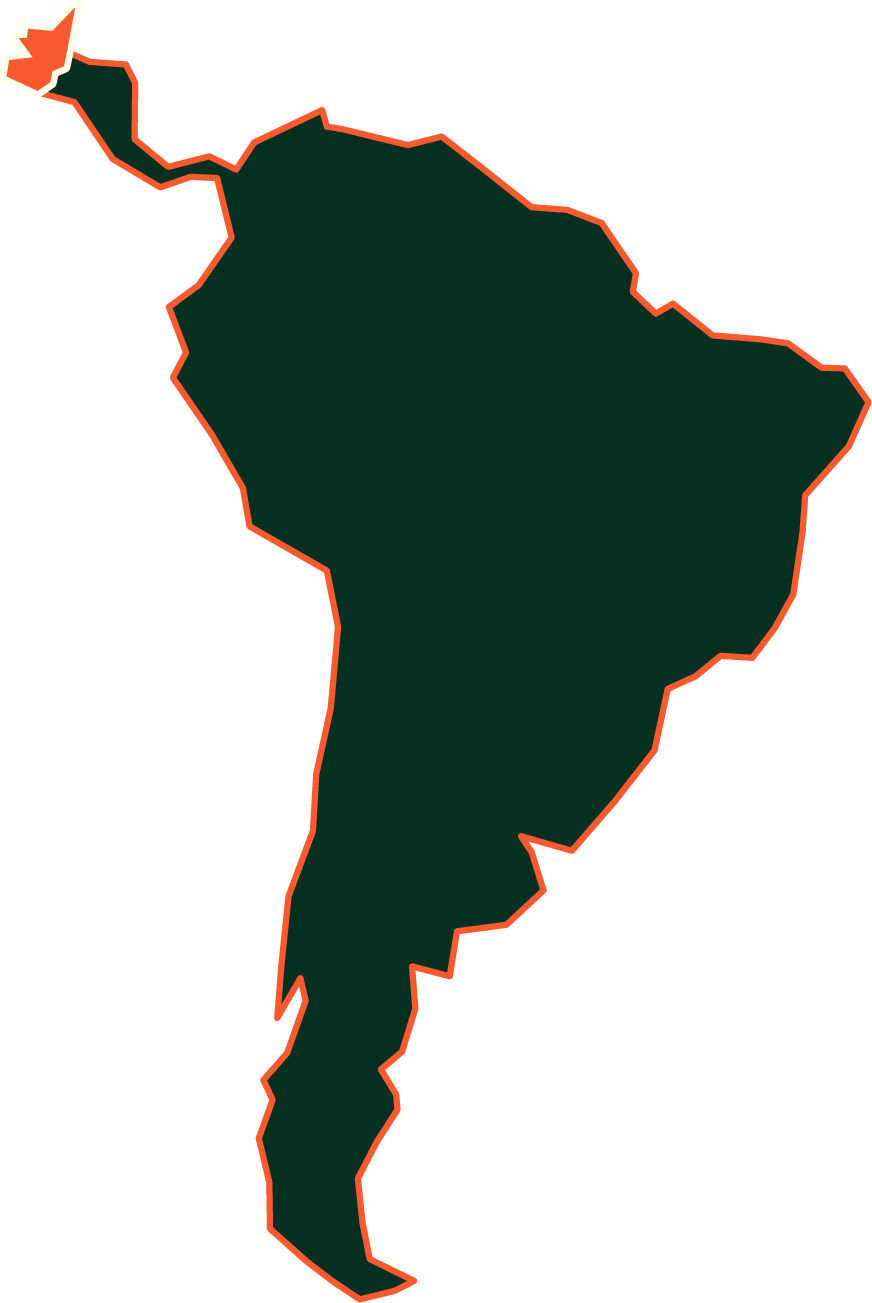El Salvador
Steckbrief
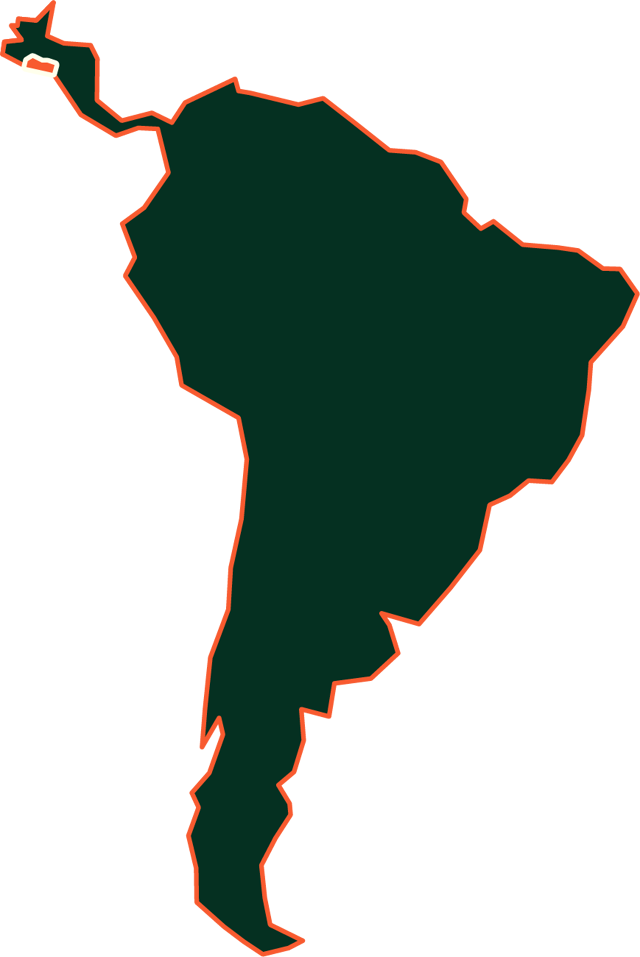
Hauptstadt
San Salvador Fläche für Kaffee
120.000ha Durchschnittliche landwirtschaftliche Fläche
2,5ha Geografie
A land of volcanoes Erntezeit
November - March Anzahl der Kaffeeproduzenten
18154 Anzahl der Menschen, die von der Kaffeeindustrie leben
4358000 Anzahl der Ernten pro Jahr
1 Prooduzierte Säcke pro Jahr
871590 Hauptsorten
Red bourbon, Cuscatleco, Geisha, Marsellesa, Pacamara, Sarchimor
Kaffeeanbaugebiete
Klicke auf den Bereich, den Du Dir anschauen möchtest
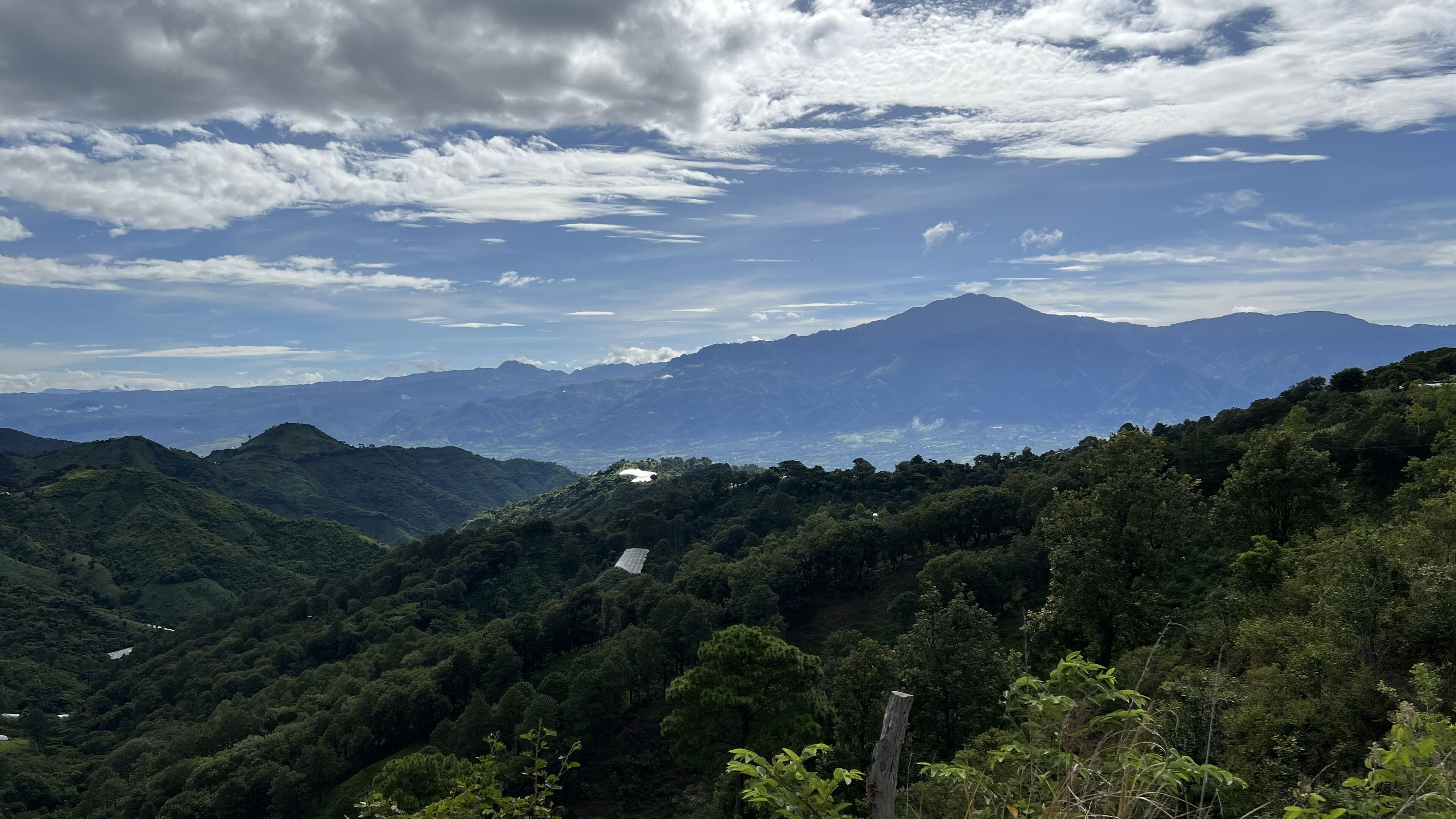
Alotepec Metapan
Alotepec Metapan is one of El Salvador's six mountain ranges. The region has become famous for the quality of its coffees, which have been grown at altitude since the end of the 19th century. The region's rich volcanic soil, temperate climate and high altitude create ideal conditions for growing coffee.
Alotepec Metapan is one of the wettest regions in El Salvador, with an altitude of between 1,000 and 2,000 metres above sea level. Because of the climate and altitude, the coffees ripen slowly, and this is one of the last regions in the country to complete the harvest.
Over the years, coffee growing has become an essential part of the region's economy. Today, the Alotepec-Metapan range is home to many small coffee farms (1.5 ha), most of which use traditional, ecological and sustainable farming practices.
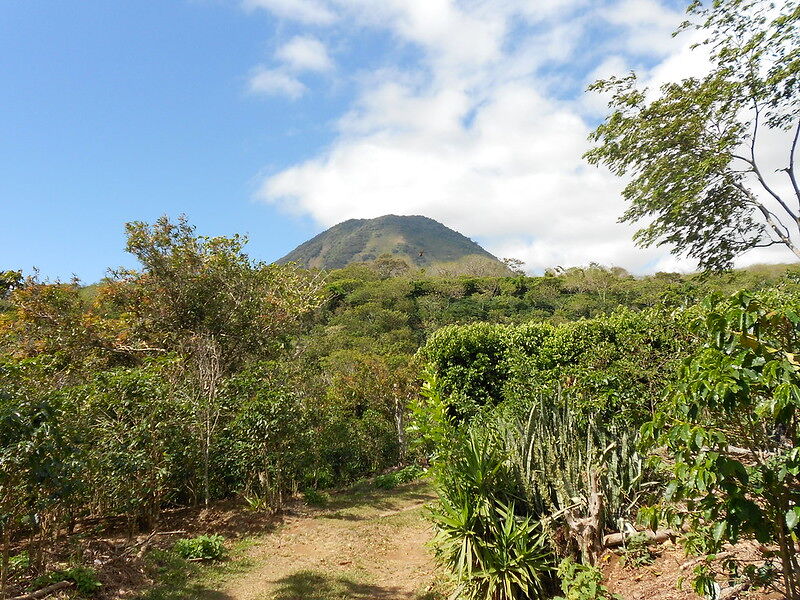
Apaneca Ilamatepec
The Apaneca – Ilamatepec mountain range, located in western El Salvador, is one of the most important coffee-growing regions in the country. It accounts for approximately 60% of the country's coffee production, thanks to its fertile, volcanic soils and favorable climate for the development and production of specialty coffee. This region is home to approximately 78,000 hectares of coffee plantations, distributed across the departments of Ahuachapán, Sonsonate, and Santa Ana. Economically, this mountain range generates thousands of direct and indirect jobs, from nursery planting to the wet & dry processing to the final bean preparation.
The Apaneca – Ilamatepec mountain range is also home to a rich biodiversity, with cloud forests that protect endemic species of flora and fauna, in addition to recharging aquifers and mitigating climate change, serving as an important green lung and ecological corridor in the region.
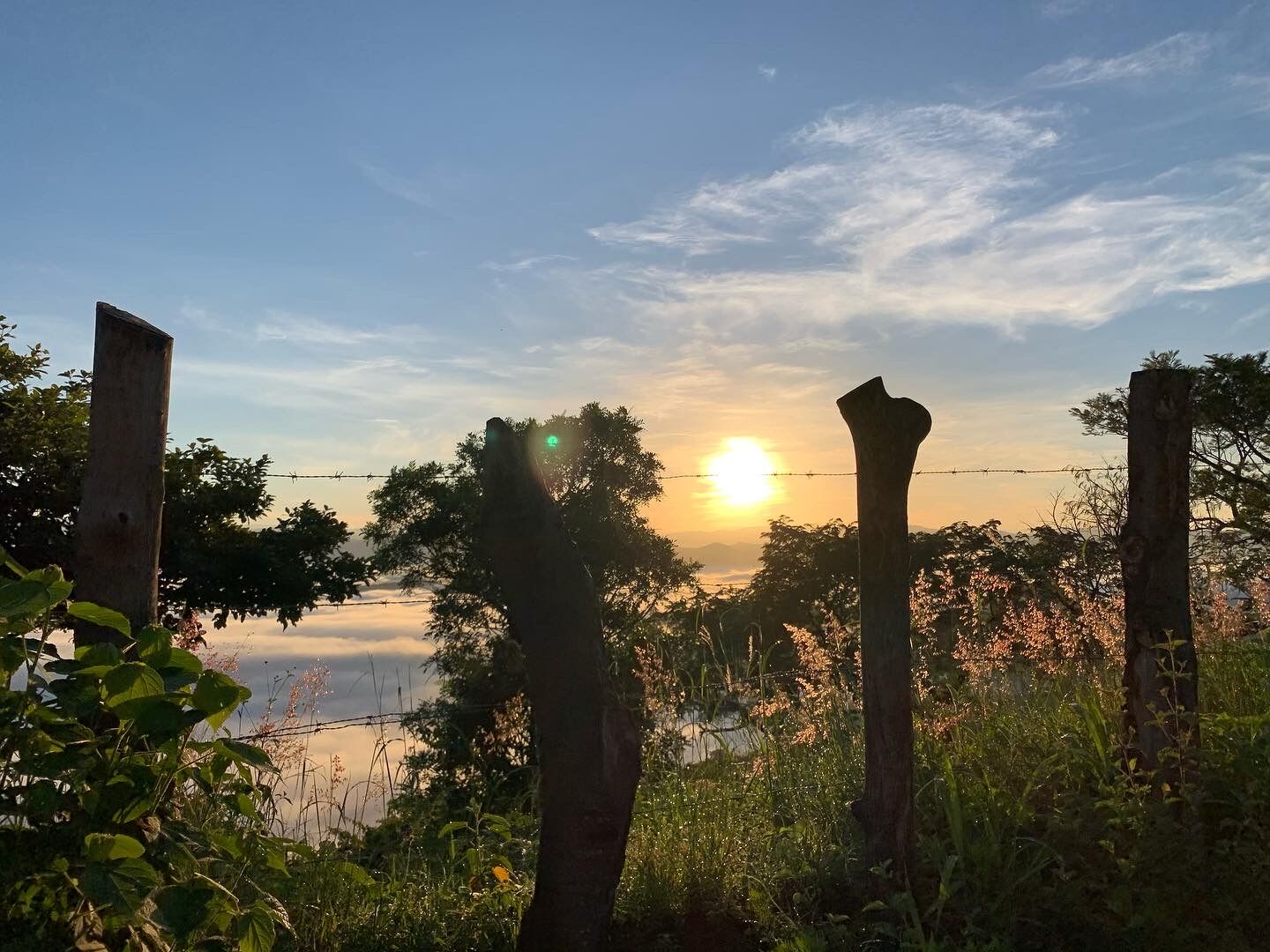
Cacahuatique
Coffee was first introduced to the Cacahuatique region at the end of the 19th century and has played an important role in the region's economy and culture ever since. The unique microclimate, fertile volcanic soil and high altitude contribute to the aromatic complexity of the coffees grown here.
Because of the wars, this region lost contact with the rest of the country. As a result, most of the coffees processed here are washed. Most farms are small, family-run and committed to traditional, sustainable farming practices. Coffee is often grown under shade, which helps preserve the natural ecosystem and encourages the biodiversity that Salvadorans hold so dear.
Naulingo
Kaffees ansehen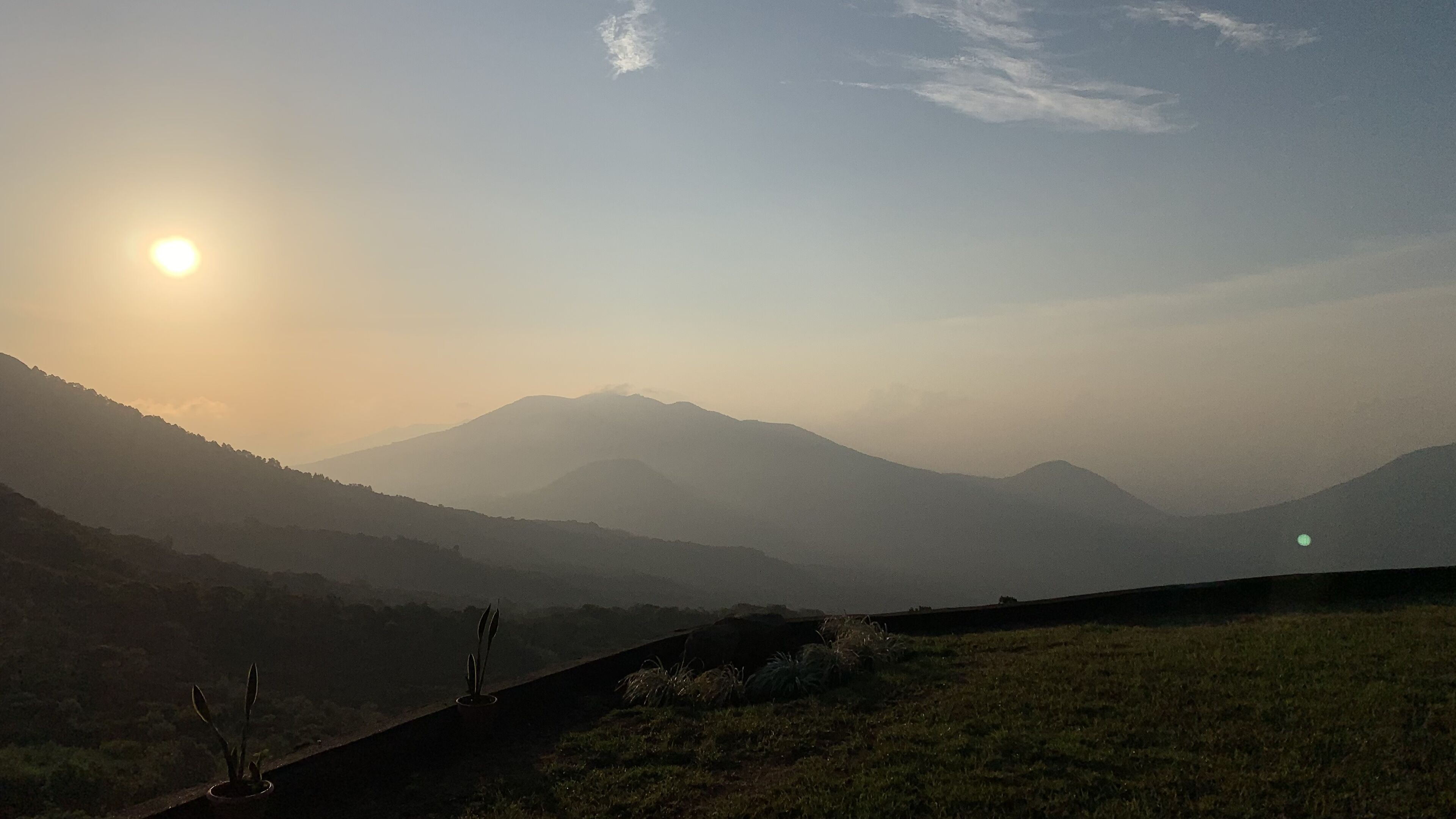
Tecapa Chinameca
Usulutan is a mountainous region in south-eastern El Salvador at an altitude of between 1,300 and 2,000 metres above sea level. The region is famous for its lagoons and thermal waters, as well as the Tecapa volcano, which rises to an altitude of 1,593 metres.
Coffee has been grown in the region since the late 19th century. The region's rich volcanic soil, altitude and climate provide an ideal environment for growing speciality coffees. Most of the farms are small, family-run that favour sustainable, environmentally friendly practices, including shade-grown coffee. Some still retain their ancestral bourbons. Today, coffee is an integral part of the local economy, and the country's third-largest production zone.
Erntezeiten
| Region | Januar | Februar | März | April | Mai | Juni | Juli | August | September | Oktober | November | Dezember |
|---|---|---|---|---|---|---|---|---|---|---|---|---|
| Alotepec Metapan | ||||||||||||
| Apaneca Ilamatepec | ||||||||||||
| Cacahuatique | ||||||||||||
| Naulingo | ||||||||||||
| Tecapa Chinameca |
Der Kaffeesektor im Land
Geografie
El Salvador is a land of volcanoes. There are 23 throughout the country, 5 of which are active. The country has a surface
area of 21,041 km², making it the smallest in Central America. It has an essentially mountainous topography, although the Pacific coast that runs down the side of the country is flat. Its highest point is El Pital, which stands at 2,730 metres. In terms of climate, it has a wet season, a dry season, and tropical weather all year round.
Main actors
The Instituto Salvadoreño del Café (ISC) was set up in September 2023. It incorporates the Salvadoran Coffee Council, formerly responsible for supervising and regulating the country’s coffee sector. The ISC is also a research centre for innovation, in charge of coffee industry training, scientific research and innovation for climate change resilience.
Exporthäfen
Port of Acajutla (Pacific Ocean)
Belco, {{origin}}
L'agence salvadorienne a été créée en 2021. Notre équipe sur place se compose de Markos, Directeur & Sourcing, Rodrigo, Responsable R&D et Gabriela, responsable du contrôle qualité et G-grader. Disposer d'une agence à l'origine est essentiel pour Belco. Cela permet un approvisionnement direct et sur mesure au Mexique, en Amérique centrale et dans les Caraïbes, un développement des producteurs dans l'agroforesterie, la transition biologique, les process, d'améliorer la qualité des cafés et la mise en place de projets environnementaux et sociaux innovants.
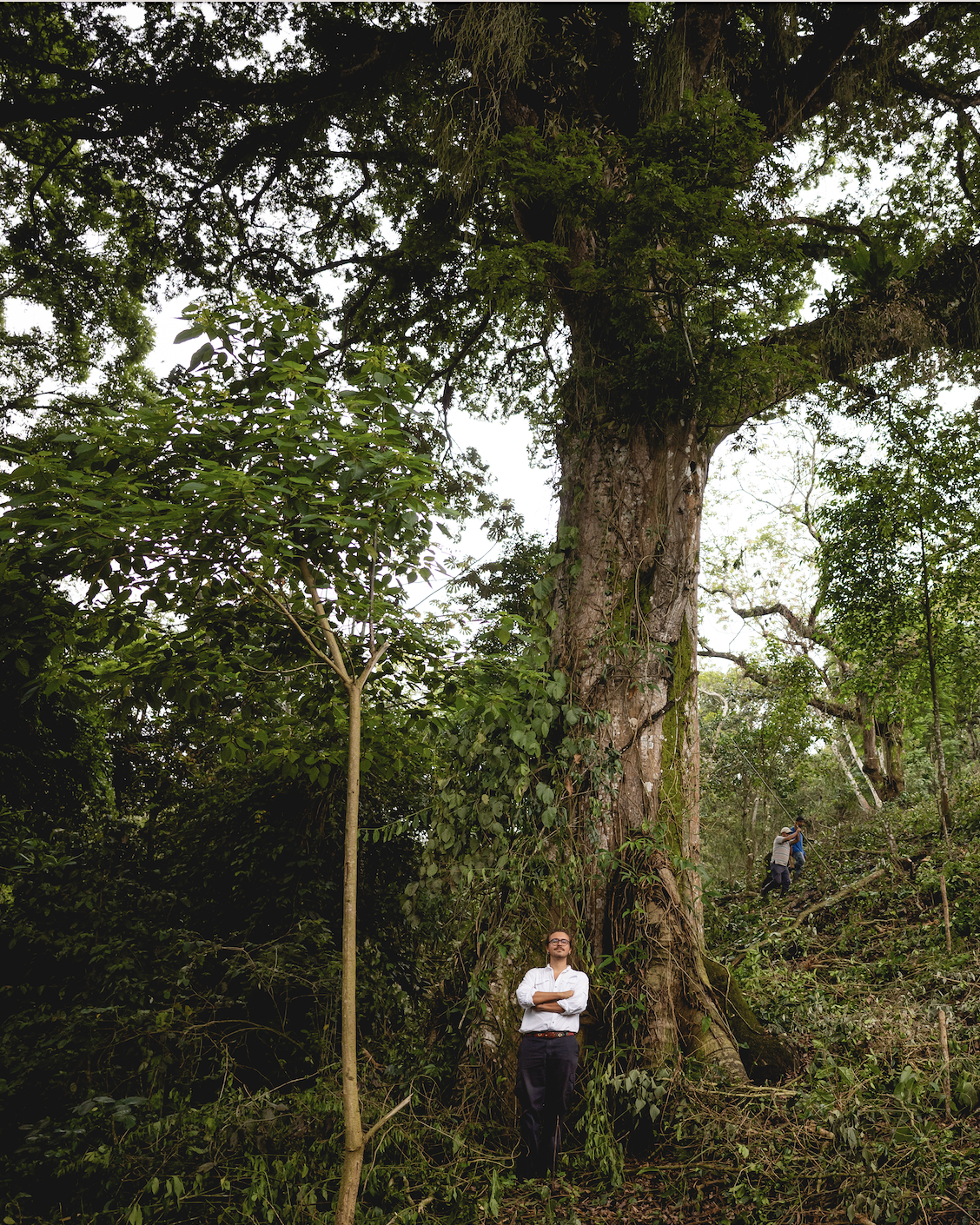
In den Worten des Sourcers
In unserer Agency in El Salvador sind wir mehr als nur Kaffee-Enthusiasten, die nach den besten Bohnen Ausschau halten. Unser Ziel ist es, den Kaffeeproduzenten, mit denen wir zusammenarbeiten, sowie den Röstern, die unseren Kaffee zum Leben erwecken, einen echten Mehrwert zu bieten. Unser Ansatz umfasst ein breites Spektrum an Dienstleistungen, darunter Qualitätskontrolle, agronomische Unterstützung und die wichtige Aufgabe, Einblicke in den europäischen Kaffeemarkt zu gewähren und Orientierungshilfe zu leisten.
Von unserer Agentur beziehen wir mit Stolz Kaffee aus einer Reihe dynamischer Regionen, jede mit ihrem einzigartigen Geschmacksprofil und Charme. Unser Kaffee stammt aus Mexiko, Guatemala, El Salvador, Honduras, Nicaragua, Costa Rica, Panama, Puerto Rico, Kuba und Jamaika. Die Vielfalt der Geschmacksnoten und Tassen-Profile spiegeln für uns das Reiche Erbe unserer Anbauregionen wieder.
Die Produzenten
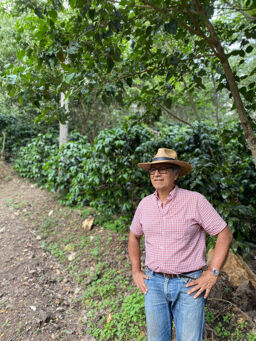
Antonio Ticas
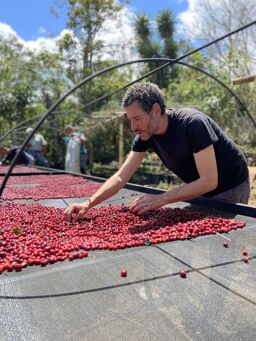
César Magaña
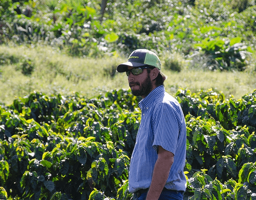
Emilio Lopez
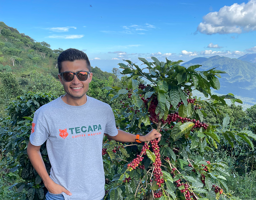
Famille Baraona
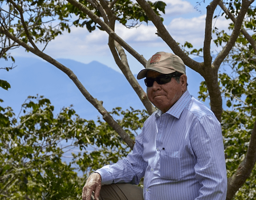
Humberto Barrera
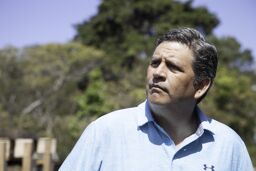
Mauricio Salaverria
Ernesto Lima
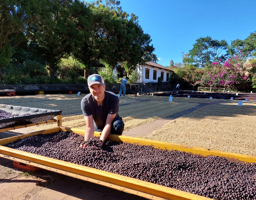
fernando escobar
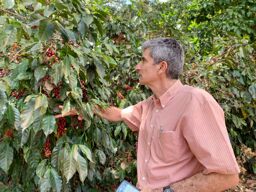
Fernando Lima
Florence Mathies
Los Naranjos
Mauricio Ortiz
Milena Miralda
Unsere Projekte
Kaffees hergestellt in El Salvador
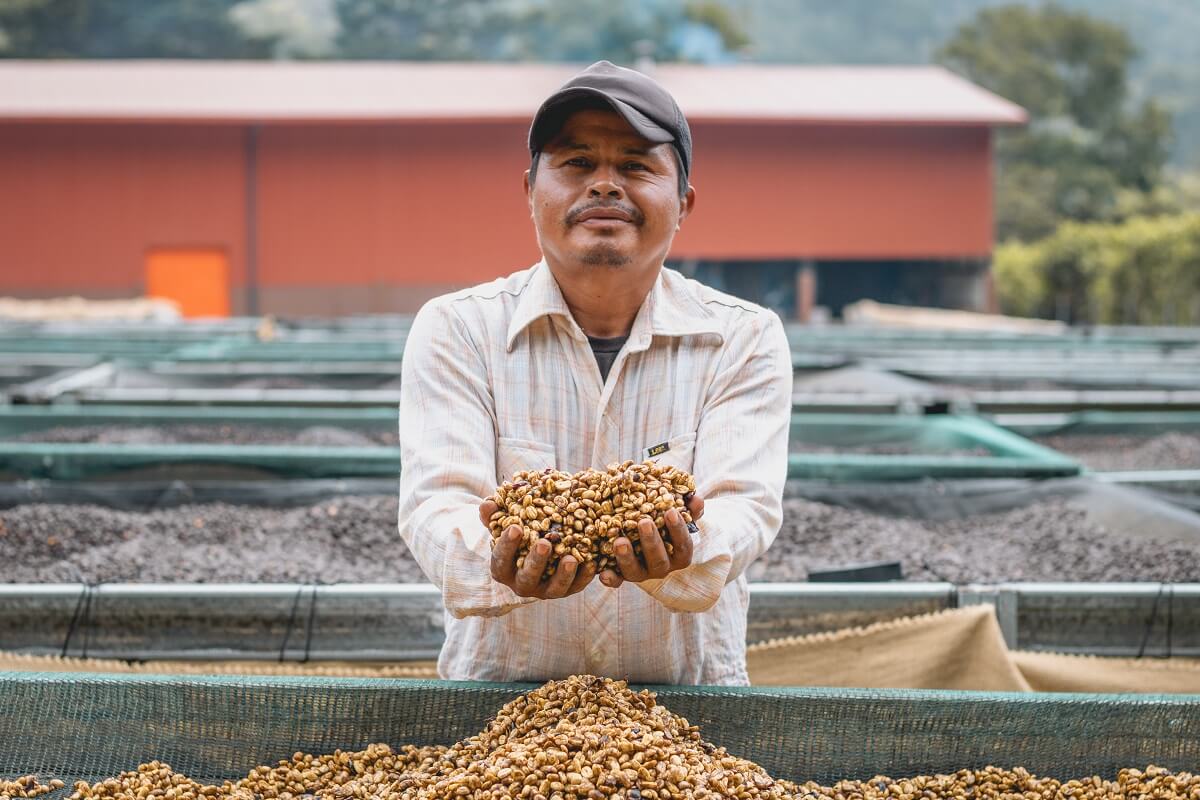
How is this coffee processed?
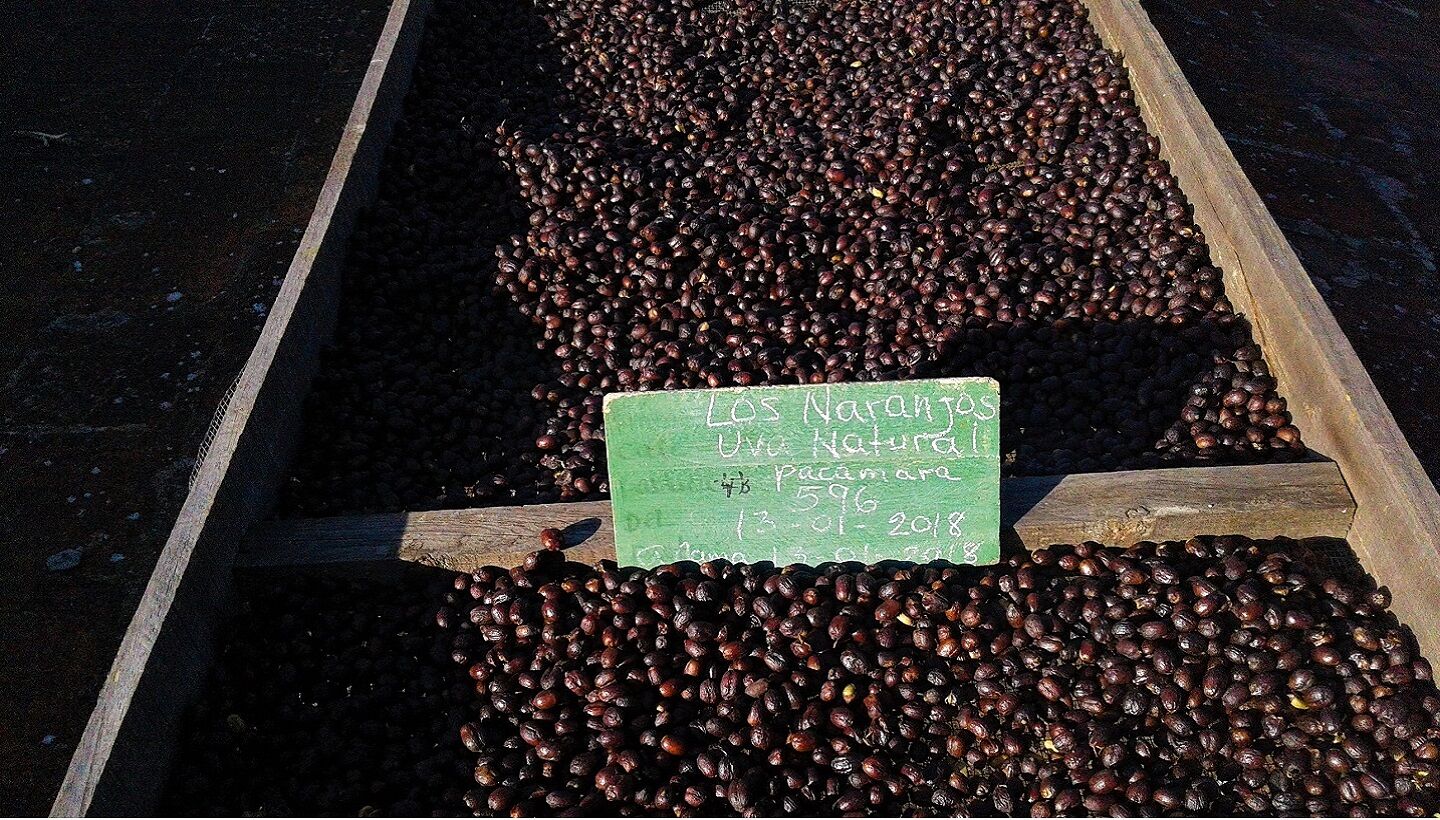
How is this coffee processed?
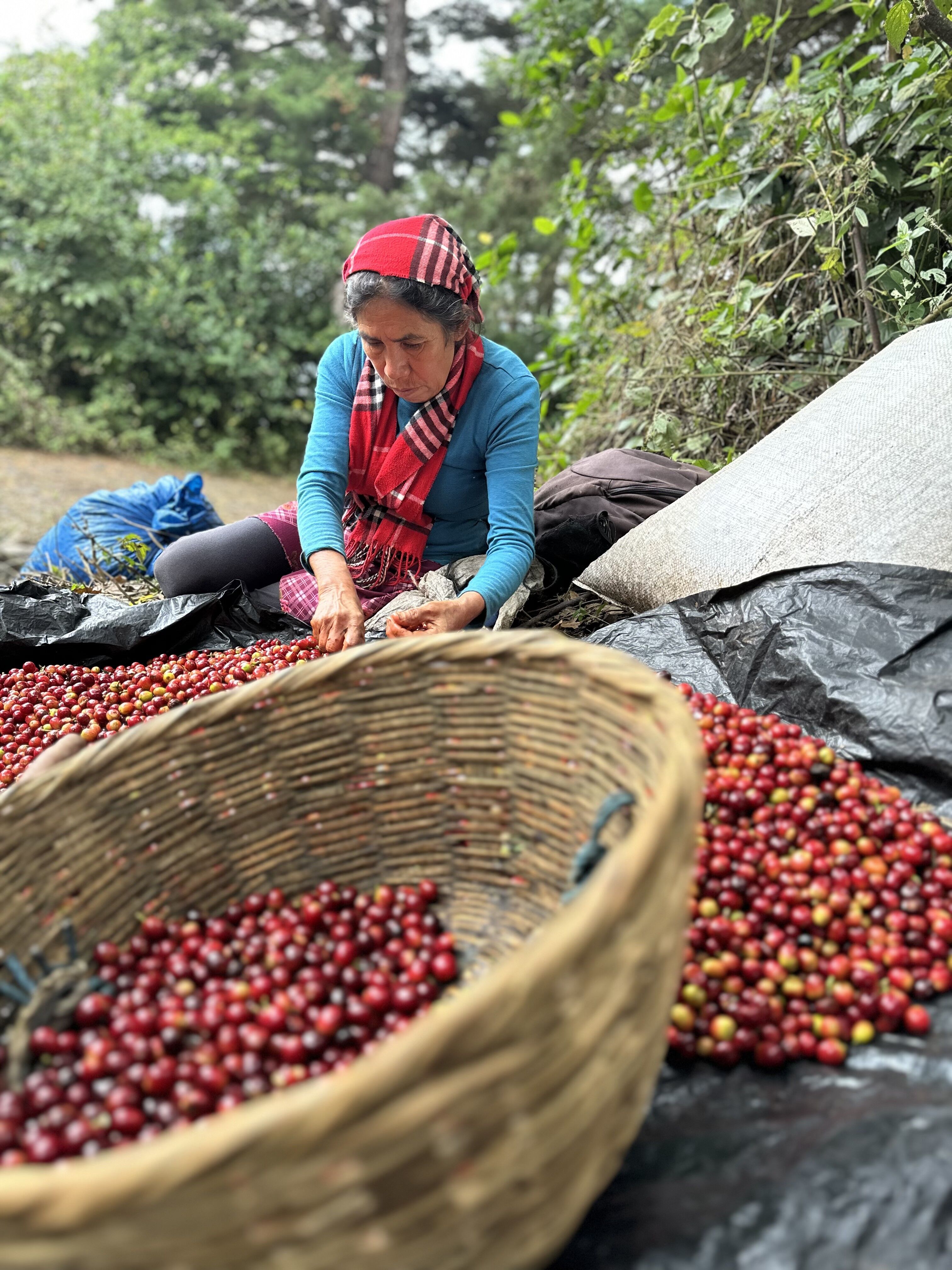
How is this coffee processed?


Have you ever heard of the “nature Pineapple” process?
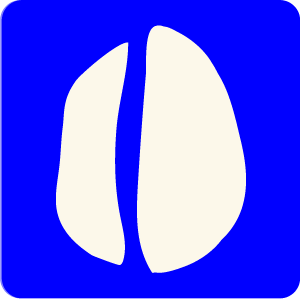
What makes Finca San Antonio so special?

